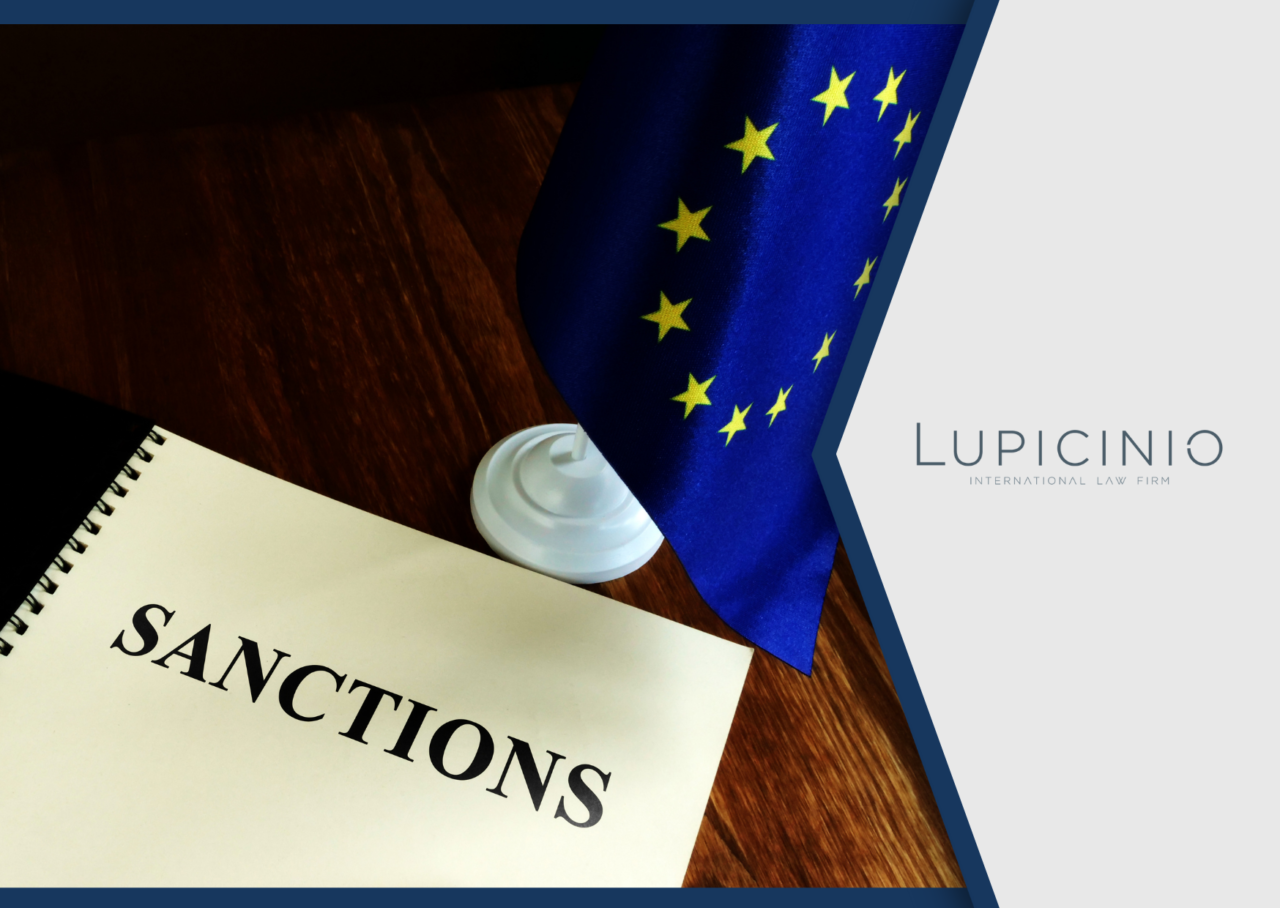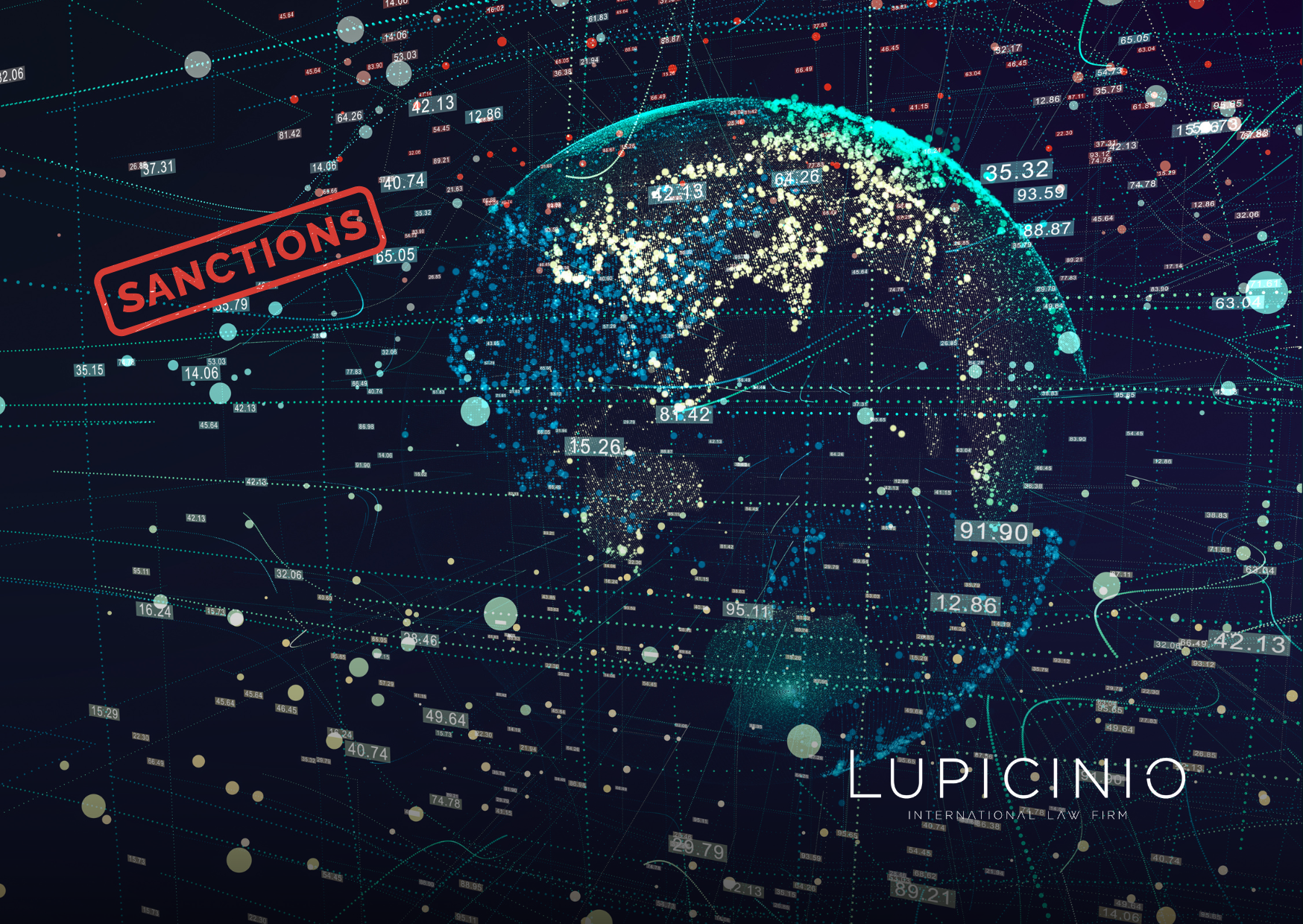Following extensive discussions within the Council of the European Union, the EU has reached a consensus on implementing an eleventh round of sanctions against Russia and its allies for their aggressive actions towards Ukraine. As communicated prior to the introduction of the package, the focus of the new of package lies on the implementation of new measures aimed at closing loopholes and providing the new tools to tackle circumvention of EU sanctions.
Anti-circumvention tool
Arguably the most interesting new measure is the so-called ‘anti-circumvention tool’ which creates a possibility for the European Union to restrict the export of certain items to certain designated jurisdictions that ‘considered to be at continued and particularly high risk of circumvention’. Introduced as a measure of last resort, the European Union will consider technical analysis, trade data, and efforts to address the issue with the third country before including them in the measure. Engagement with the third country is conducted before making a final decision.
Transit restrictions
In an effort to further curb the technological advancement of Russia’s defense and security sector, the European Union has further broadened the range of goods and technology that are subject to specific restrictions.
In addition, the EU has implemented a ban on the transit through Russia of specific sensitive goods, such as advanced technology or aviation-related materials when those goods are exported from the EU to third countries. The measures aims to avoid such sensitive items from ‘falling off a truck in Russia’. The transit ban puts ever more emphasis on the importance of gaining insight into upstream and downstream supply chains, the routing of goods and the parties involved in transactions when such items are in scope of export restrictions even though these items are not destinated for end-use in Russia.
IP restrictions
To reinforce the effectiveness of export restrictions, the European Union has expanded its measures to include restrictions on the sale, licensing, or transfer of intellectual property (IP) rights and the provision, manufacture, maintenance and use of those goods and technology associated with restricted items. This new approach aims to address the issue of circumventing export restrictions by preventing Russia from locally producing the restricted items through the sale, licensing, or transfer of IP rights.
Prohibitions on entering EU ports and locks
The European Union is expanding its restriction on the use of European ports and locks from vessels registered under Russian flag, to vessels that are deemed to have violated the block’s import embargo on Russian seaborne crude and petroleum products, or the G7 price cap, through ship-to-ship transfers. Similarly, vessels transporting these sanctioned Russian products will face the same prohibition if they engage in unlawful activities such as interfering with, disabling, or tampering with their navigation systems.
The regulations requires the national competent authorities to share information on vessels that have been denied access to ports and locks and registration in the European Union’s SeaSafeNet. Stakeholders in the maritime sectors and banks providing trade finance instruments may face difficulties in verifying which vessels are prohibited from entering EU ports and locks, as there are no indications that the information will be shared through alternative channels.
Oil industry
Additional restrictions are imposed on the import of oil originating from Russia. This includes ending the temporary derogation that permitted Germany and Poland to receive Russian crude oil through the northern section of the Druzhba oil pipeline. However, the EU has also implemented strict exemptions to ensure the maintenance of the CPC pipeline, which is responsible for transporting Kazakh oil to the EU via Russia.
Iron and steel
The European Union is expanding the import restrictions on certain designated iron and steel products to items processed in a third country incorporating those same designated Russia-origin iron and steel products.
As such it creates a reversed burden of proof on importers to demonstrate the country of origin of the iron and steel inputs used for the processing of the product in a third country. It is not clear what the threshold is for the percentage of iron or steel in the product for which evidence of country of origin would need to be produced.
Expansion of the ban on luxury items
The European Union has broadened the ban on luxury car exports to encompass both new and used vehicles exceeding a specific engine size, as well as all electric and hybrid automobiles. Furthermore, in line with existing import and export restrictions, the prohibition now includes the provision of technical assistance, brokering services, financing, or financial support for luxury items covered by the ban. Consequently, parties engaged in offering such services for potentially banned items should exercise caution.
Transportation
The European Union is enhancing and providing clarity on the restrictions concerning the transportation of goods into the EU using trailers and semi-trailers registered in Russia. In an effort to prevent the circumvention of these restrictions, it is now prohibited to haul Russian trailers using trucks registered in other countries.
******
More information:
Lupicinio International Law Firm
C/ Villanueva 29
28001 Madrid
P: +34 91 436 00 90
info@lupicinio.com







